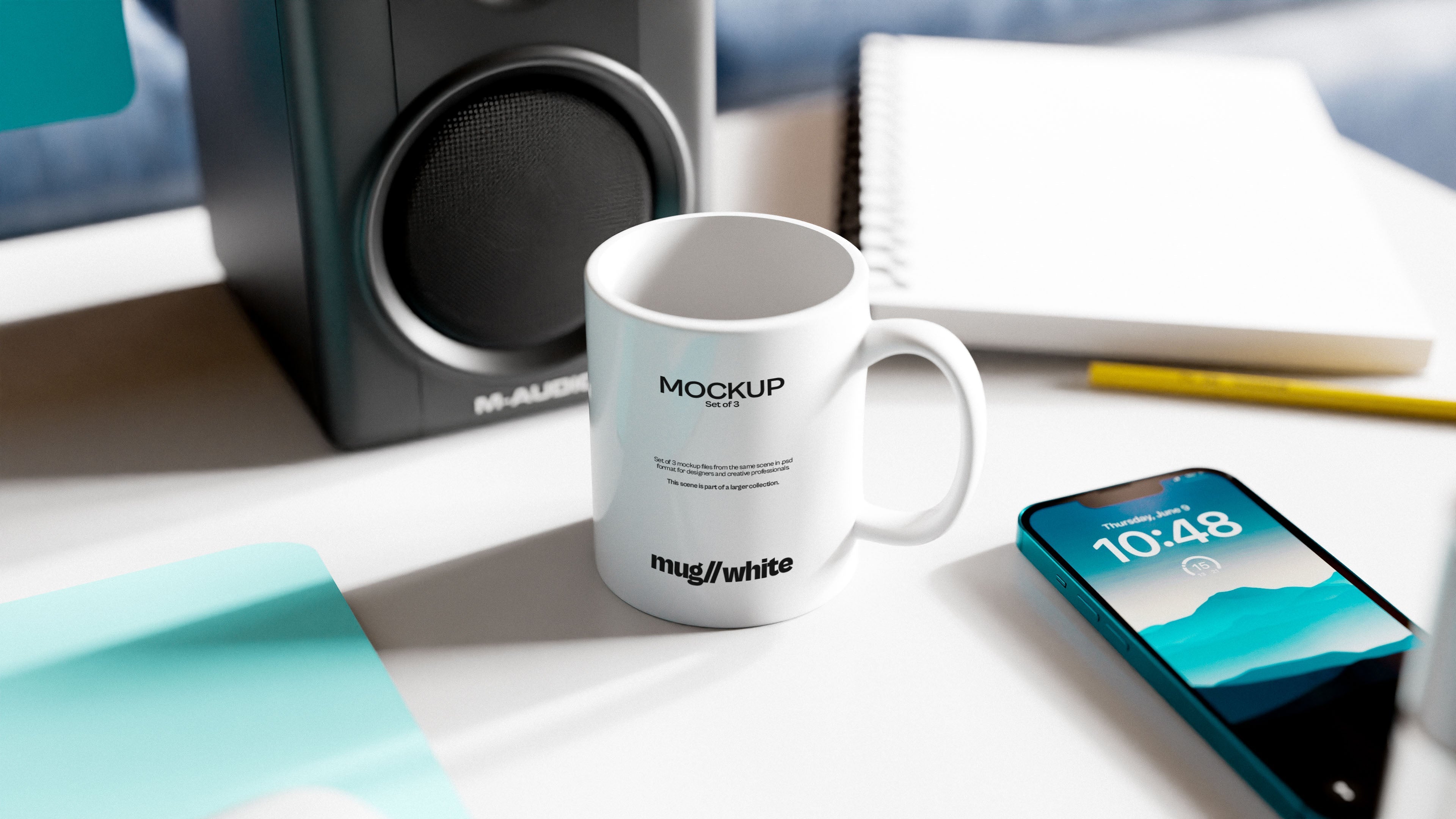So, you want to start a print-on-demand business but…
You don’t have a website
You don’t want to deal with hosting or design
You’re not ready for the monthly fees of Shopify or the steep learning curve of WooCommerce
Good news: You can still sell — and sell well — without owning a store.
Platforms for Print-on-Demand Businesses
Welcome to the world of public POD platforms.
Think of them as marketplaces where traffic already exists, customers are already buying, and all you have to do is show up with the right product.
Here’s a breakdown of the best public POD platforms for beginners — and how each one can be your launchpad into the world of e-commerce.
1. Etsy – The Handmade Aesthetic Powerhouse
Best for: Custom designs, trending products, and anything that feels personal or artisanal.
Etsy is the most obvious starting point for POD sellers. It has millions of active buyers searching daily for unique products. With integrations like Printify and Printful, you can list your designs on mugs, shirts, wall art, and more — without touching inventory.
Pros:
- Massive built-in audience
- Easy to get started (no coding, no store design)
- Works well for niche targeting
- Etsy SEO is faster to rank for than Google SEO
Cons:
- Transaction + listing fees
- Competitive — good branding is essential
Pro Tip: If you’re in POD, invest in high-quality mockups to stand out in search results. This isn’t the place for generic placeholders.
2. Redbubble – POD Meets Print Marketplace
Best for: Artists and designers who want to upload once and let the platform handle the rest.
Redbubble is as beginner-friendly as it gets. You create an account, upload your designs, and choose which products to put them on. Redbubble does all the fulfillment, customer service, and payment processing.
Pros:
- No upfront costs
- Huge range of products
- Global reach without extra work
Cons:
- Lower profit margins
- Little control over branding and customer data
Pro Tip: Treat your Redbubble storefront like a brand — consistent colors, strong banner images, and keyword-rich descriptions can set you apart from the hobbyists.
3. Society6 – For the Design-Forward Crowd
Best for: Home decor, wall art, and lifestyle products with a premium feel.
Society6 caters to customers who want beautiful, design-led products — from art prints to furniture. It’s more curated than Redbubble, which means fewer competitors, but it’s also stricter about the style and quality of uploads.
Pros:
- Higher perceived value than other POD marketplaces
- Good royalties on certain products (like art prints)
Cons:
- Less product variety than Redbubble
- Payouts can feel slow compared to selling directly
Pro Tip: Lean into lifestyle mockups here — people want to see your work in aspirational spaces.
4. Zazzle – The Customization King
Best for: Sellers who want to offer personalizable products.
On Zazzle, customers can add their own names, dates, or messages to your designs. This makes it ideal for wedding favors, corporate gifts, and milestone events.
Pros:
- Built-in customization tools
- Wide product range
- Strong seasonal sales spikes
Cons:
- Interface feels dated
- Lower visibility unless you actively promote your store
Pro Tip: Focus on evergreen occasions (birthdays, anniversaries) alongside trending events to keep sales steady year-round.
5. Merch by Amazon – The Volume Game
Best for: T-shirts, hoodies, and simple wearable designs.
Merch by Amazon is POD’s ultimate traffic hack. You get your products on Amazon — the world’s largest marketplace — without managing inventory or shipping.
Pros:
- Access to Amazon’s massive customer base
- Prime shipping for your buyers
- Simple product setup
Cons:
- Invite-only (application required)
- Very competitive, especially for generic designs
Pro Tip: Niche down hard. “Funny cat shirt” won’t cut it. “Retro vaporwave cat DJ tee” might.
Why Start with Public Platforms?
Because they let you:
- Learn the ropes without risking thousands
- Get sales data before committing to your own store
- Build an audience that can follow you when you do launch independently
Think of them as training wheels with a paycheck. You get to practice product selection, pricing, marketing, and branding while riding on the traffic of a platform that’s already trusted by buyers.
When you’re ready to go solo, you’ll know exactly what sells — and you’ll have the confidence (and cash flow) to scale.
